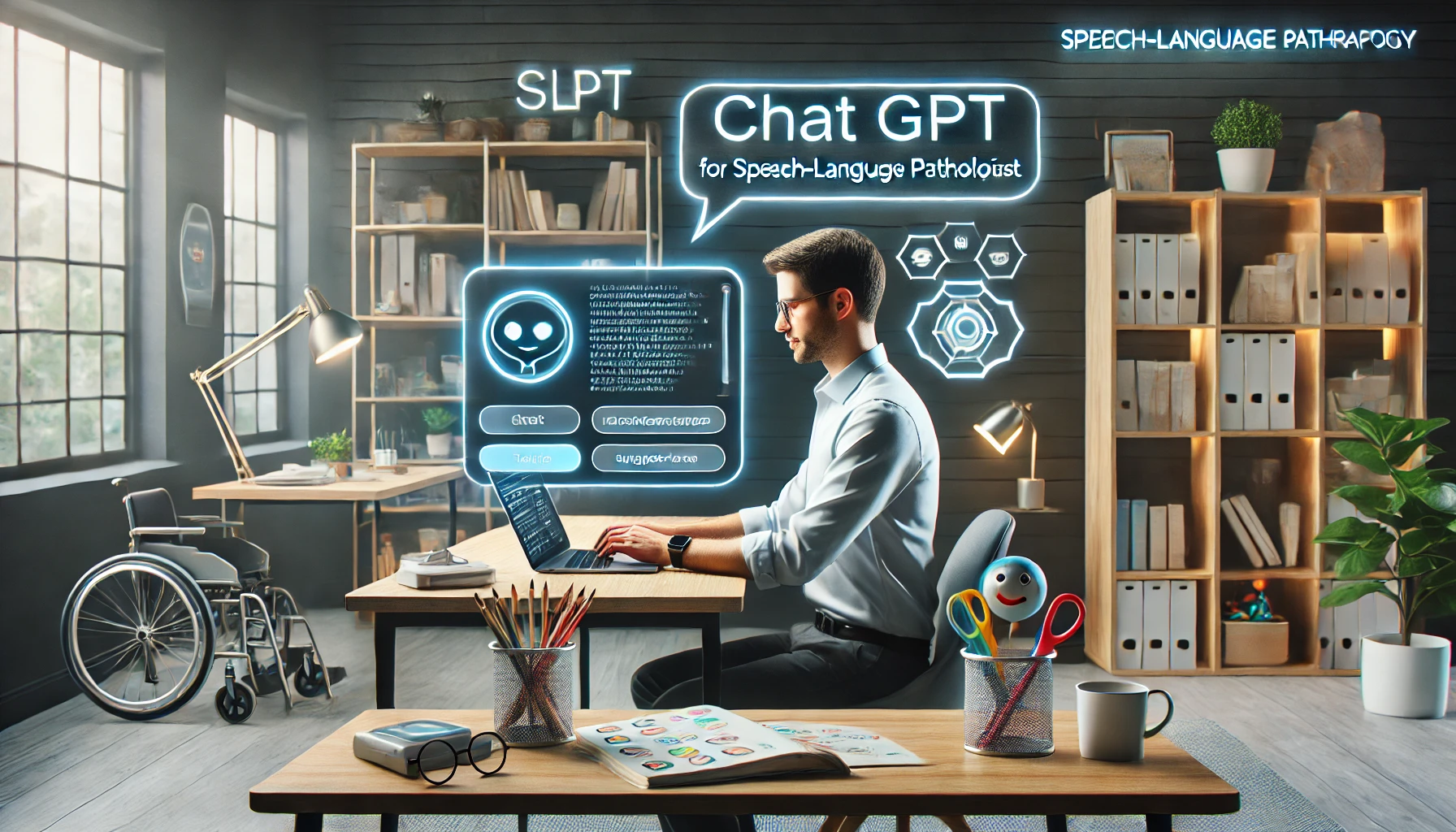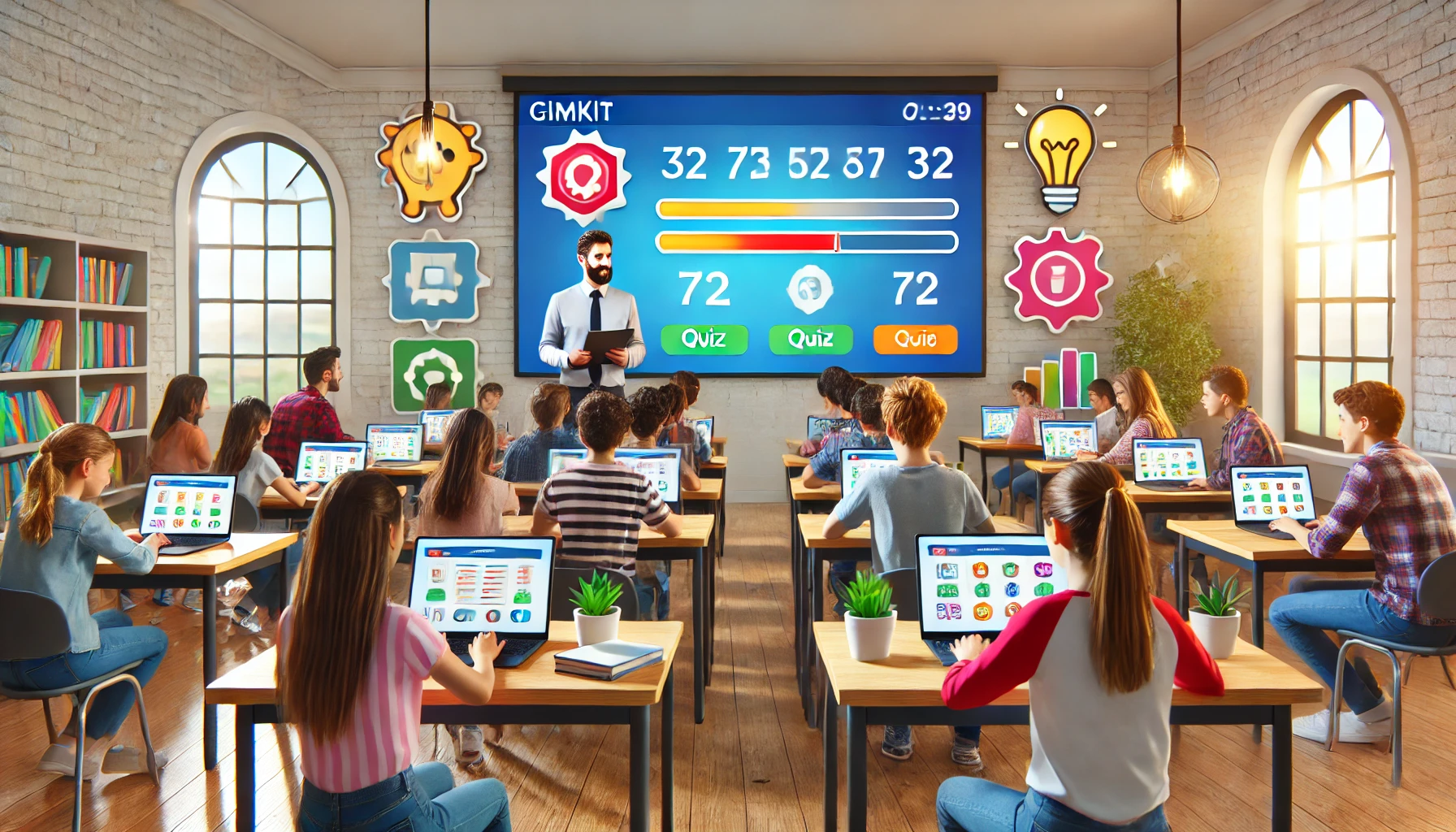Artificial Intelligence (AI) has become an indispensable tool for professionals in many fields, and speech-language pathologists (SLPs) are no exception. Chat GPT for SLPs offers groundbreaking ways to enhance therapy, streamline administrative tasks, and expand communication support for clients. From crafting therapy materials to assisting with documentation, this innovative tool is making waves in the world of speech therapy.
In this article, we’ll explore how Chat GPT can be leveraged by SLPs to transform their practice, improve efficiency, and foster client success.
Understanding Chat GPT for SLPs
Chat GPT, an advanced AI language model developed by OpenAI, is designed to process and generate human-like text. For SLPs, this means having access to a virtual assistant that can assist with therapy planning, documentation, and client interaction.
Whether you’re an SLP working in schools, hospitals, or private practice, Chat GPT offers versatile applications that meet a wide range of needs.
You may also read: The Cost of a Bryant CAPMP3717ALA HVAC Unit: A Detailed Breakdown
Benefits of Chat GPT for SLPs
1. Time-Saving Features
- Automates repetitive documentation tasks.
- Generates therapy resources in seconds.
- Suggests alternative wordings for complex client reports.
2. Enhanced Therapy Materials
- Creates personalized therapy scripts and prompts.
- Designs interactive conversation scenarios for clients.
- Provides examples tailored to specific language or articulation goals.
3. Accessible Communication Aid
- Supports clients with AAC (Augmentative and Alternative Communication) needs.
- Simplifies explanations for diverse audiences.
- Offers real-time communication practice simulations.
4. Professional Development
- Provides up-to-date research summaries in speech-language pathology.
- Offers ideas for adapting evidence-based practices to specific cases.
- Generates questions for continuing education quizzes or discussions.
Applications of Chat GPT for Speech-Language Pathologists
Generating Therapy Materials
SLPs often spend hours creating activities and worksheets tailored to individual clients. With Chat GPT, you can:
- Quickly design role-play scenarios for social skills training.
- Generate word lists for articulation or phonological therapy.
- Create engaging language comprehension exercises.
Improving Administrative Tasks
Administrative work can take valuable time away from client care. Chat GPT lightens the load by:
- Drafting progress notes based on provided client data.
- Preparing letters for parents, caregivers, or insurance companies.
- Organizing session plans into coherent formats.
Real-Time Support During Sessions
Imagine having a virtual assistant ready to brainstorm alternative explanations or questions mid-session. Chat GPT can provide:
- Suggestions for rephrasing instructions for clarity.
- Creative prompts for storytelling or conversation practice.
- Immediate synonyms or simpler word choices to aid comprehension.
How to Implement Chat GPT in SLP Practice
1. Start Small
Begin with simple tasks like generating vocabulary lists or therapy prompts. As you become familiar with its capabilities, gradually incorporate Chat GPT into more complex workflows.
2. Maintain Ethical Guidelines
Always ensure client confidentiality when using AI tools. Avoid inputting sensitive or identifying information into the platform.
3. Combine AI with Professional Judgment
AI is a tool, not a replacement for professional expertise. Use Chat GPT to complement your knowledge, not substitute it.
Limitations of Chat GPT for SLPs
While Chat GPT offers many advantages, it’s essential to recognize its limitations:
- Lack of Clinical Judgment: AI lacks the nuanced understanding and empathy of a trained professional.
- Potential Errors: Generated content should always be reviewed for accuracy.
- Privacy Concerns: Avoid sharing confidential client details.
Practical Examples of Chat GPT in SLP Therapy
Scenario 1: Articulation Therapy
- Problem: Creating engaging minimal pair activities for /r/ and /w/.
- Solution: Chat GPT generates a customized list of pairs like “red-wed” or “rock-walk.”
Scenario 2: Social Skills Training
- Problem: Designing role-play scenarios for group sessions.
- Solution: Chat GPT develops realistic conversation starters for various social settings.
Scenario 3: Documentation Assistance
- Problem: Writing detailed progress notes.
- Solution: Chat GPT organizes session outcomes and observations into well-structured summaries.
Key Considerations for SLPs Using Chat GPT
1. Data Privacy and Security
Safeguard client information by avoiding sensitive inputs. Consider using encrypted platforms or offline GPT versions where available.
2. Staying Current with AI Advancements
AI is a rapidly evolving field. Regularly update your understanding of its capabilities and limitations to maximize its potential in practice.
3. Balancing AI and Human Touch
While Chat GPT is a powerful tool, the therapeutic relationship remains the cornerstone of successful speech therapy.
Why Choose Chat GPT for SLPs?
In a field that demands creativity, precision, and empathy, Chat GPT stands out as a supportive partner. It enhances productivity, generates innovative ideas, and allows SLPs to focus on what matters most: their clients.
By leveraging AI technology responsibly, SLPs can push the boundaries of what’s possible in speech-language pathology.
FAQs
What is Chat GPT?
Chat GPT is an AI language model designed to generate human-like text, useful for a range of professional applications.
How can SLPs use Chat GPT in therapy?
SLPs can use Chat GPT to create therapy materials, streamline documentation, and provide real-time support during sessions.
Is Chat GPT safe for client information?
Client confidentiality is crucial. Avoid inputting sensitive or identifiable data into AI platforms to maintain ethical standards.
Can Chat GPT replace traditional therapy methods?
No, Chat GPT is a supplementary tool that enhances therapy but cannot replace professional judgment or interpersonal interaction.
What are some limitations of Chat GPT for SLPs?
Limitations include potential errors, lack of clinical judgment, and privacy concerns regarding sensitive information.
How can Chat GPT improve SLP workflows?
By automating tasks like generating materials and drafting reports, Chat GPT saves time and allows SLPs to focus more on client care.
Conclusion
Chat GPT for SLPs is transforming how speech-language pathologists approach therapy and administrative tasks. From personalized therapy materials to streamlined documentation, this AI tool empowers SLPs to deliver more effective and efficient care. By embracing technology while adhering to ethical standards, SLPs can leverage Chat GPT to enhance their practice and improve client outcomes.




